Sep 3, 2025 12:02 PM
Keeping the Flame at Van Gelder Studio
On the last Sunday of 2024, in the control room of Van Gelder Studio, Don and Maureen Sickler, co-owners since Rudy Van…
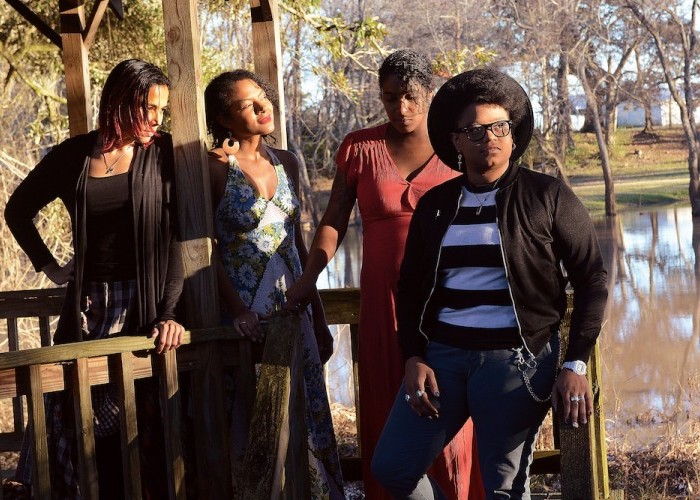
Songs Of Our Native Daughters—a collaborative set from Rhiannon Giddens (left), Allison Russell, Leyla McCalla and Amythyst Kiah—pushes back against expectations of American folk music, setting the record straight with a powerful quartet of black women who play banjos, fiddles and acoustic guitars.
(Photo: Terri Fensel)Scholars don’t agree on whether John Henry was a real person, and if he was, where his match against the machine took place. What was absolutely clear to Kiah and Russell was Polly Ann’s critical, but downplayed, role in his narrative.
“We had this idea that Polly Ann was the hero of the song,” Russell said. “She wielded the hammer for John Henry when he was sick, reared their kids and survived to tell the story.”
Giddens believes that even though the new album has its origins in U.S. history, the project is also a sign of our current times.
“There is a movement of women of color who are saying, ‘Wait, wait, wait: I’m not sitting back and taking this anymore. You are going to hear me.’ These women are expressing an agency over their bodies and minds that they could not express before. I see it in TV, in movies, in music, in politics—it’s happening. Now is better than ever to address these things. It’s been needed; it’s overdue.”
The album’s content also was shaped by the setting in which it was recorded. After co-writing their songs in the Lafayette house, the women recorded them at The Cypress House, Powell’s studio, a structure built in 1850 located just a few miles away in Breaux Bridge and about two hours from New Orleans.
“Being in New Orleans has had a huge impact on all of my work,” said McCalla, who has lived in the city since 2010 and is a former member of the Carolina Chocolate Drops. “I feel like it has been a big lens for me to understand the values that this country was founded on, and the conflict between our values and our actions.”
Equality and justice were not meant for everyone when America first defined itself, McCalla continued: “I feel like that reverberates today—there is absolutely no doubt about it. And you see it in a city like New Orleans, where there is gross inequality and poverty, and black people get the brunt of it.”
The album reflects New Orleans’ tie to Haitian culture and Afro-Caribbean identity, too, through “Lavi Difisil,” a swinging, lighthearted tune penned by McCalla and Russell as a tribute to troubadour Althiery Dorval. Pregnant with twins at the time of recording, McCall played tenor banjo on “Lavi Difisil,” and sang the lyrics partly in Haitian Creole. It is, she said, the language of her ancestors—and of a people’s resistance.
“For me, it goes back to the Haitian Revolution. Haiti was the first nation to enact a successful slave rebellion and to declare its independence from French colonialism,” McCalla said. “[Haiti’s] sovereignty was never expected by the European world powers, or the U.S. It was the ‘black sheep’ of independent nations. ... Understanding how that has damaged Haiti to this day, and how Haiti’s history connects to New Orleans and black people worldwide, has greatly impacted my perspective on why I make music, and also my worldview, in general.”
Each woman’s identity also factored into what she brought to the record’s collaborative process and influenced how they related to each other.
“I grew up mixed in the South,” said Giddens, the daughter of a black mother and white father who raised her in the rolling hill country of North Carolina’s third-biggest city, Greensboro. “You quickly become used to adjusting, and seeing how to move in every place that you go. I’ve always been adept at seeing multiple sides of issues, and that helped in birthing this album.” The minstrel tunes, for example, are “on the surface, awful. Racist and awful and ugly. But minstrel music is also America’s earliest music, so there’s this dichotomy of black people being the creators of this music, but then having it used as a weapon against their dignity and image. My goal is to explore both of those aspects, and pull from it all the beauty and wisdom that I can.”
“Black people live with the legacy of slavery in our bones and in our genes,” McCalla said. “Other people live with it in their minds, but we live with that trauma in our very being, and, because racism is still so rampant, we are not always seen for who we are.” Describing an incident in which a clothing store clerk followed her around, McCalla said, “I thought to myself, ‘I have a degree in classical cello. I’m not trying to steal a shirt.’ If I looked a different way, people would treat me in a different way. That awareness filters into the music.”
Russell, who hails from Canada, had been studying her family’s roots when Giddens approached her about the project.
“[My family’s ancestral research] got as far back as a bill of sale for the matriarch of our family, off the coast of Ghana.” Inspired by this woman’s incredible story of survival—“she was sold away from the only world she’d ever known, she survived the transatlantic crossing, she survived birthing several children, she survived a life of enslavement”—Russell wrote a song a in her matriarch’s honor and named it for her: “Quasheba, Quasheba.”
The album’s title is a reference to Notes of a Native Son, by James Baldwin (1924–’87). In one of the book’s essays, “Many Thousands Gone,” Baldwin writes: “It is only in his music ... that the Negro in America has been able to tell his story. It is a story which otherwise has yet to be told and which no American is prepared to hear.”
Baldwin’s potent words, said Giddens, are as true today as they were when he wrote them in 1955. Songs Of Our Native Daughters adds context and sound to the complex story of black Americans, a story that all people could learn from and connect to. “I hope this music finds whoever needs it,” Giddens said. DB
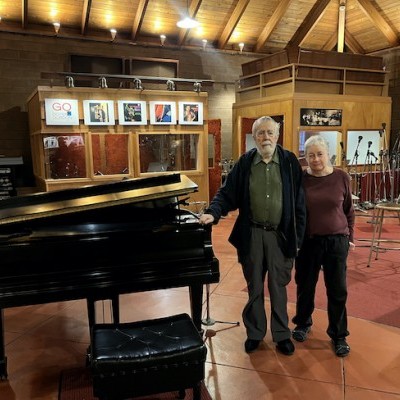
Don and Maureen Sickler serve as the keepers of engineer Rudy Van Gelder’s flame at Van Gelder Studio, perhaps the most famous recording studio in jazz history.
Sep 3, 2025 12:02 PM
On the last Sunday of 2024, in the control room of Van Gelder Studio, Don and Maureen Sickler, co-owners since Rudy Van…
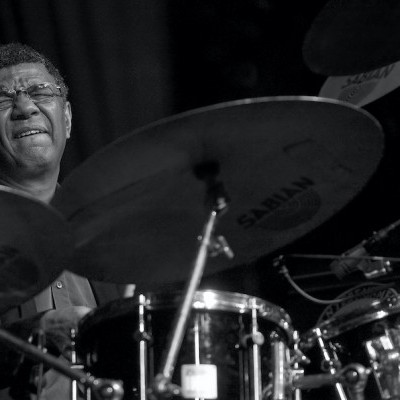
Jack DeJohnette boasted a musical resume that was as long as it was fearsome.
Oct 28, 2025 10:47 AM
Jack DeJohnette, a bold and resourceful drummer and NEA Jazz Master who forged a unique vocabulary on the kit over his…

Trio aRT with its avalanche of instrumentation: from left, Pheeroan akLaff, Scott Robinson and Julian Thayer.
Sep 3, 2025 12:03 PM
Trio aRT, a working unit since 1988, shockingly released its very first studio recording this summer. Recorded in…
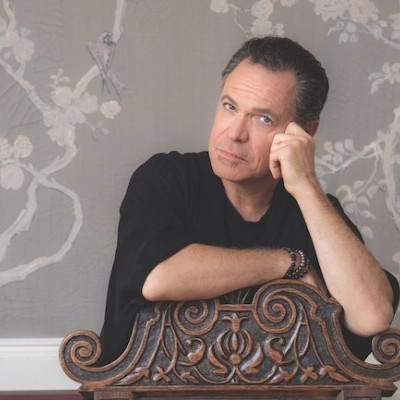
“Think of all the creative people I’m going to meet and a whole other way of thinking about music and a challenge of singing completely different material than I would have sung otherwise to my highest level in dedication to the moment,” Elling says about his Broadway run.
Sep 9, 2025 1:18 PM
Kurt Elling was back at home in Chicago, grabbing some family time in a late-June window between gigs. Sporting a smile…
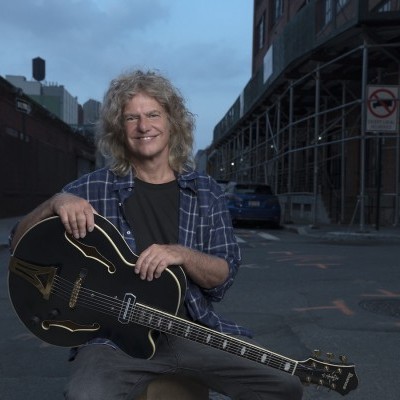
Pat Metheny will perform with his Side-Eye III ensemble at Big Ears 2026 in Knoxville, Tennessee, next March.
Sep 9, 2025 12:19 PM
Big Ears has announced the lineup for its 2026 festival, which will take place March 26–29 and include 250…